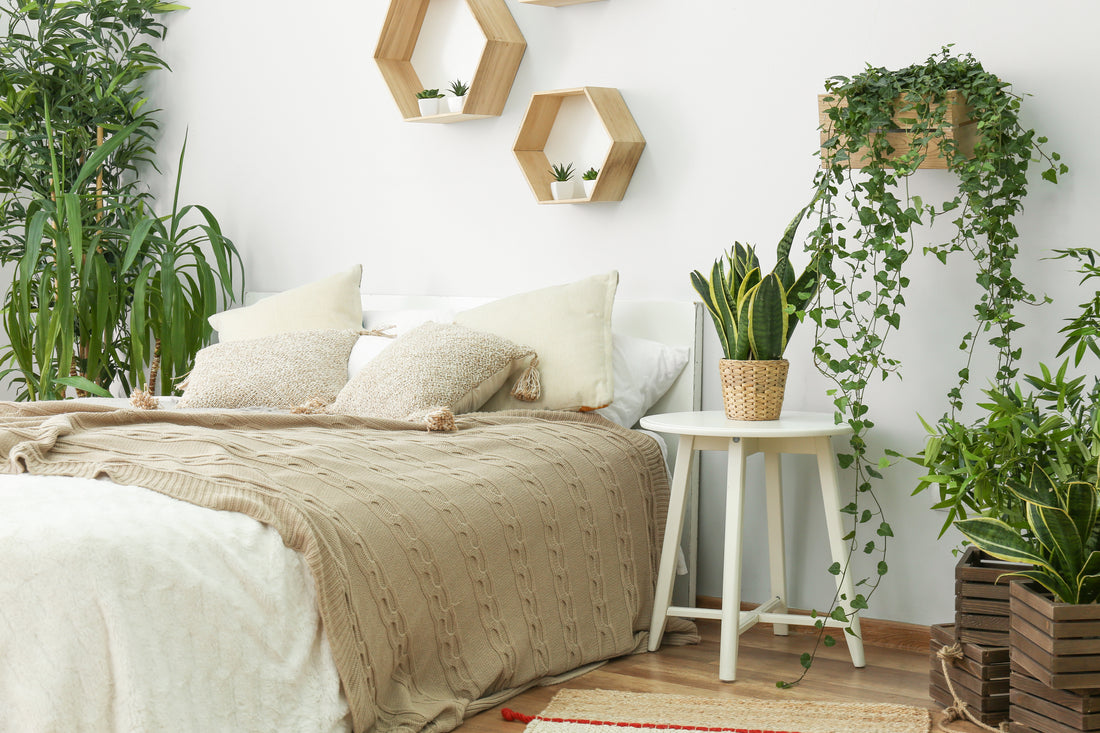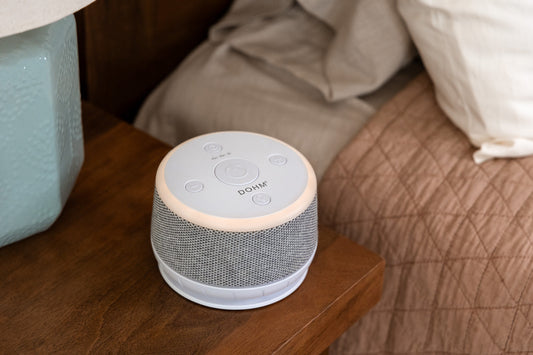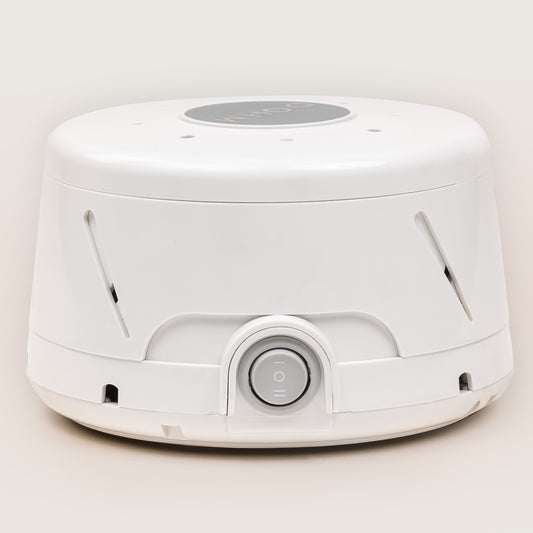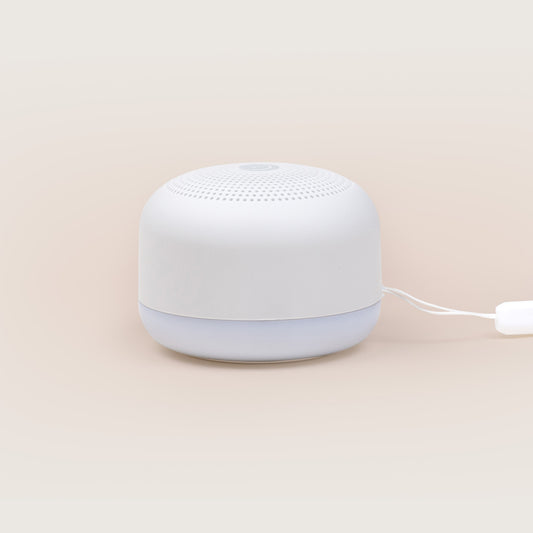
Enhance Your Bedroom Oasis: Best Houseplants for a Serene Sleep Space
Transforming your bedroom into a serene sanctuary can significantly impact your quality of sleep and overall well-being. One simple yet effective way to achieve this is by incorporating houseplants into your bedroom décor. These flowery companions not only add a touch of natural beauty but also offer various benefits, from improving air quality to reducing stress levels. If you’re looking to place plants in your sleep space, consider these six relaxing varieties.
Peace Lily (Spathiphyllum)
Peace lilies excel at purifying indoor air, removing harmful toxins such as formaldehyde, benzene, and trichloroethylene. These plants emit moisture through their leaves, increasing humidity levels and combatting dry air. Too much dry air can lead to dry skin and respiratory issues. The graceful white blooms and vibrant green foliage of peace lilies create a soothing atmosphere, aiding relaxation and reducing stress.

Snake Plant (Sanservieria)
Known for their ability to filter airborne toxins, snake plants enhance indoor air quality, leading to a healthier sleep environment. They also add moisture to the air, which can help manage allergies and asthma. With their hardy nature and minimal watering needs, snake plants are perfect for those with a busy lifestyle or a tendency to forget about plant care.
English Ivy (Hedera helix)
The dense foliage of English Ivy helps absorb sound, creating a quieter bedroom environment conducive to uninterrupted slumber. A NASA study showed that this plant can also filter a number of indoor air pollutants, making it an excellent option for allergy sufferers. With its versatile and cascading beauty, this trailing vine can be hung in baskets or placed on shelves, adding a touch of elegance and greenery to any bedroom.
Aloe Vera (Aloe barbadensis)
Aloe vera effectively removes volatile organic compounds (VOCs) commonly found in household cleaning products and paints. The healing properties of this plant can also be used to treat minor skin irritations, providing a natural remedy right at your bedside. With its succulent leaves, aloe vera is highly drought-tolerant, making it an ideal choice for those who tend to overwater or have limited time for plant care.

Lavender (Lavandula)
Often used in aromatherapy, lavender’s gentle and calming fragrance promotes relaxation, reduces anxiety, and facilitates a restful sleep, making it a must-have bedroom companion. Studies show that the scent of lavender can lower your heart rate and blood pressure, helping to combat stress and improve sleep quality. Adding a touch of purple to your bedroom, lavender provides both beauty and tranquility, enhancing the overall ambiance of your sleep space.
Spider Plant (Cholorophytum comosum)
Spider plants effectively remove pollutants like formaldehyde and xylene, improving air quality and reducing the risk of respiratory ailments. Spider plants also produce “spiderettes” that can be snipped off and propagated in water. This allows you to share the benefits of this plant with other areas of your home, or even with friends and family. Spider plants are also non-toxic to cats and dogs, making them a safe option for pet owners who want to incorporate houseplants into their bedroom.
In Conclusion
Incorporating houseplants into your bedroom can transform it into a serene and refreshing oasis, promoting better sleep and overall well-being. From the oxygenating power of peace lilies to the air-purifying abilities of snake plants and the soothing aroma of lavender, each plant discussed brings its unique benefits and beauty to your sleep space. Whether you’re seeking improved air quality, reduced stress levels, or simply a touch of natural elegance, these six houseplants offer the perfect companionship for a restful and rejuvenating night’s sleep. Now’s the perfect time to embrace the green goodness and create a bedroom sanctuary that nourishes your body, mind, and soul.
NOTE: While houseplants can bring numerous benefits to your bedroom, it is crucial to exercise caution when it comes to the well-being of your children and pets. Some plants may pose potential risks if ingested or handled properly. Before introducing any houseplant into your home, it is essential to conduct your own research. If you have any concerns or doubts about specific plants, please consult with your family doctor or veterinarian. Always prioritize the safety and well-being of your family members, both two-legged and four-legged.
Sources:
1. https://www.thespruce.com/best-plants-for-bedrooms-4163875
2. https://ntrs.nasa.gov/citations/19930073077
3. https://www.gre.ac.uk/articles/engsci/plants-could-cut-city-noise-by-30
4. https://www.medicalnewstoday.com/articles/265922
5. https://homedetoxing.com/aloe-vera-improve-air-quality/
9. https://www.healthline.com/health/benefits-of-snake-plant#benefits













